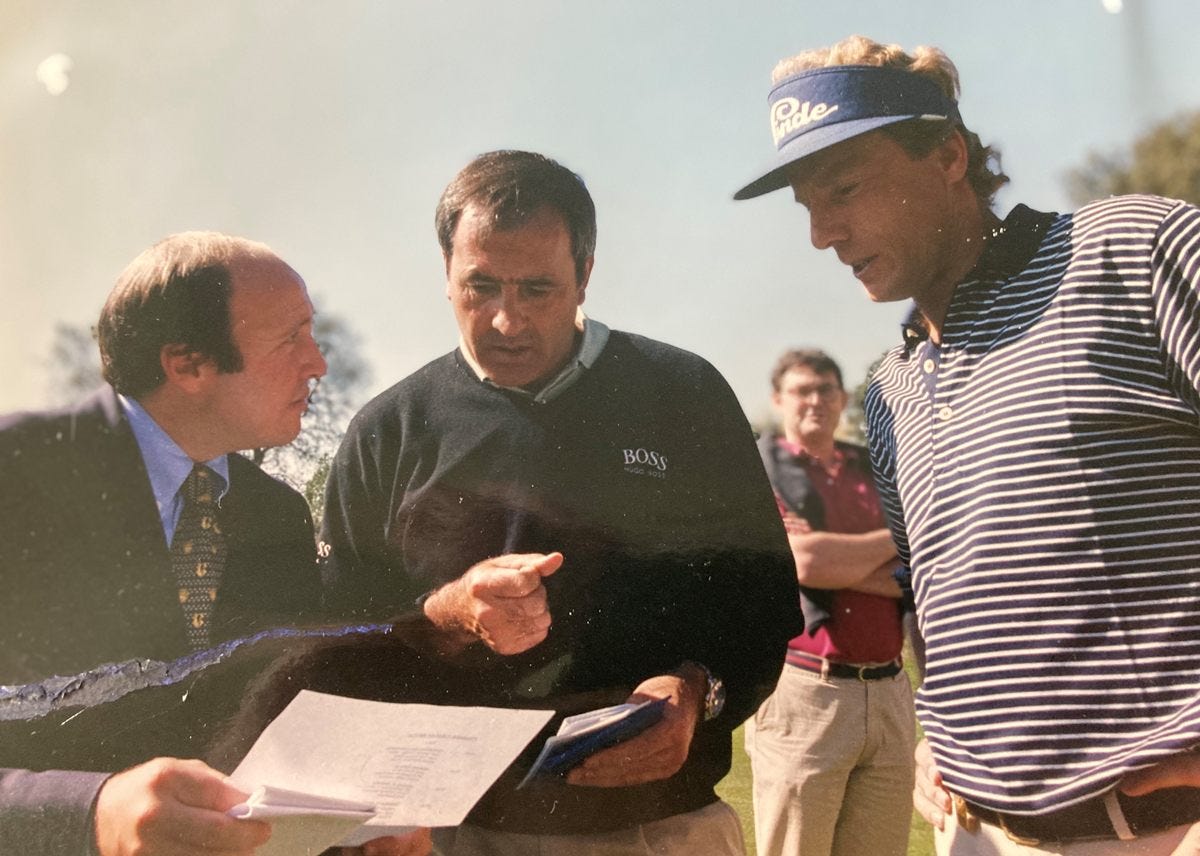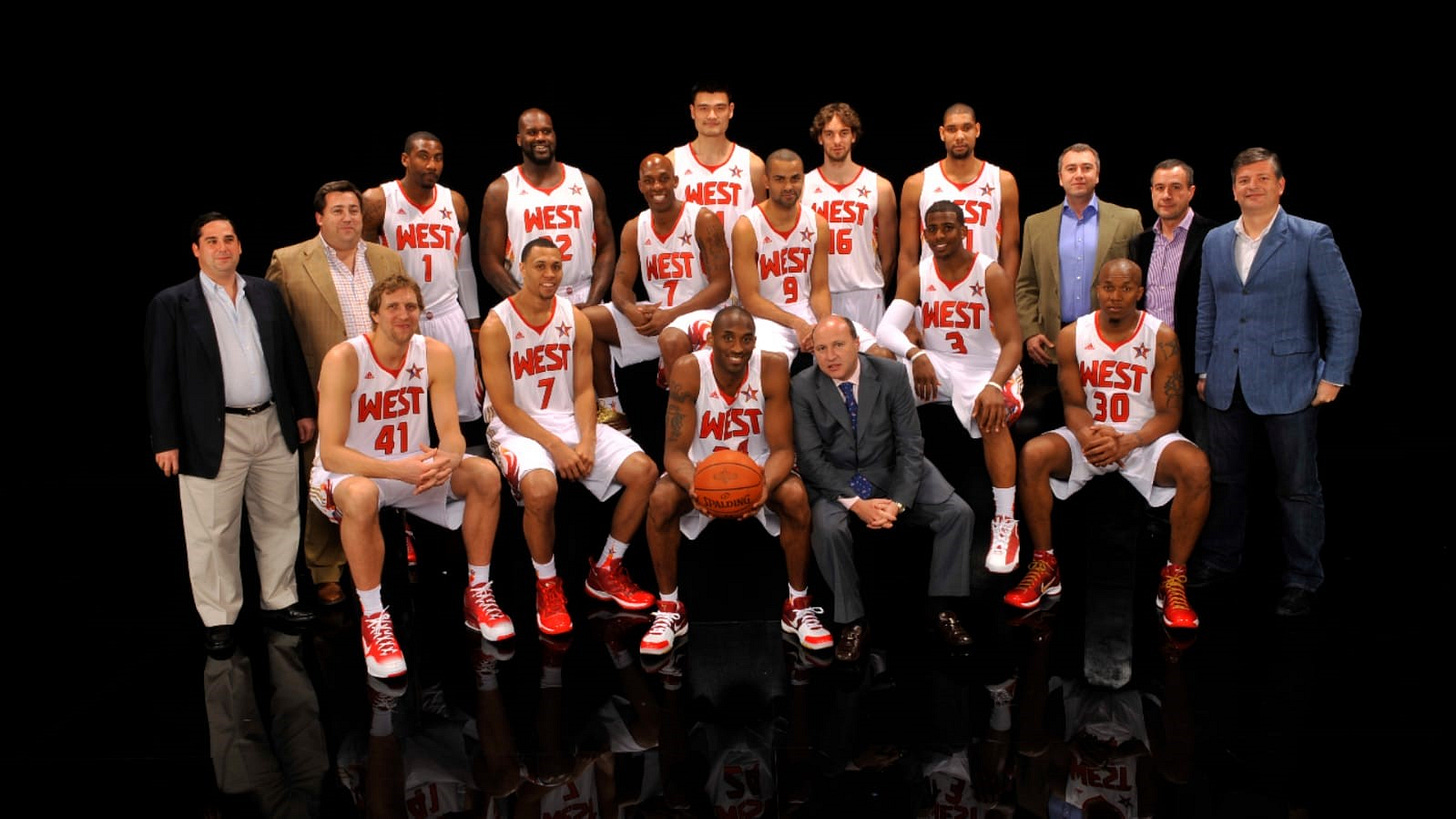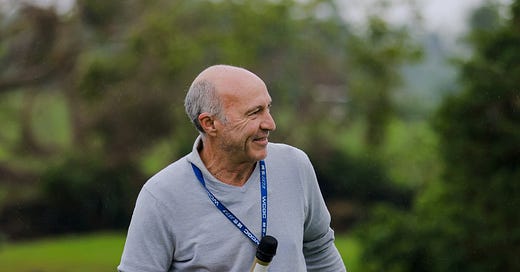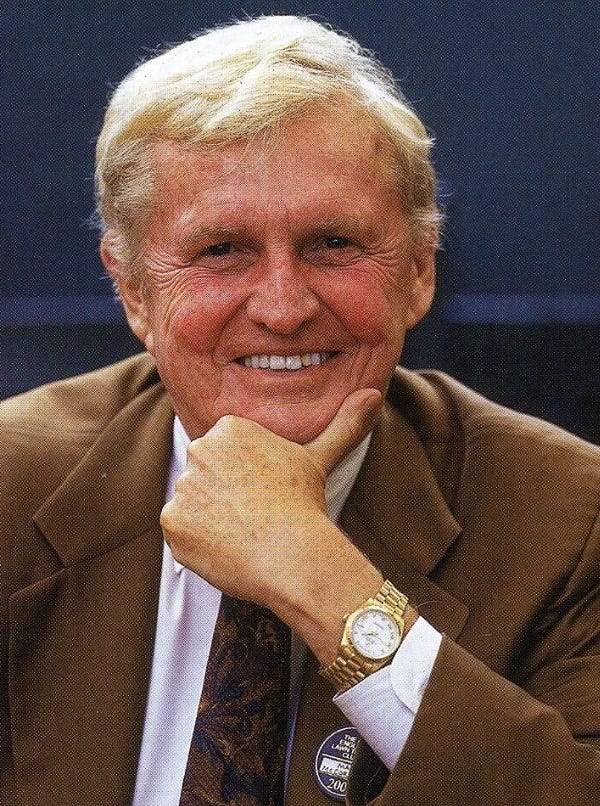Six Questions For... George Young of the World Corporate Golf Challenge
In the first of a new series of interviews with leaders, entrepreneurs and influencers from across the golf industry, George Young on sponsorship, success skills - and spending time with Seve.
About George Young
George Young brings over three decades of experience in the golf industry, with a unique international background that has shaped his career. Starting at IMG Europe in the 1990s under the leadership of sports marketing icon Mark McCormack, George spent the formative years of his career with IMG in Barcelona before joining Amen Corner, the management company of the legendary Seve Ballesteros. There, he served as Tournament Director for eleven years, negotiating sponsorship contracts and organizing over 60 European Tour events. His close working relationship with Ballesteros led to the creation of innovative tournaments like the Seve Trophy and the Royal Trophy. After a spell as Country Director for Spain for the NBA, George currently serves as Event Director for the World Corporate Golf Challenge, a global corporate golf platform operating in 34 countries that brings together business leaders for high-level networking and competition. The 2025 World Corporate Golf Challenge Final takes place in Shanghai, China from October 19-23.
Six Questions For... George Young
The Wedge: Hey George, great to meet you. First question, what golf business do you admire the most?
George Young: I’ve been involved in organizing over 60 European tour events with Seve Ballesteros and Amen Corner, so I understand a little of what goes into staging events, and how Augusta National runs the Masters tournament is amazing.
The Masters has it all — a perfect blend of tradition, innovation and execution. There are no tickets, just badges. No fans, only patrons. There are no mobile phones allowed, TV commentators are not allowed to mention prize money on the broadcast, they limit themselves to just six sponsors, which minimizes commercial interference.
But despite preserving all this tradition, they’re also Number 1 in technology. The Masters has the best app and website in golf. It's this hybrid approach, blending cutting-edge innovation with deep respect for tradition, that makes it special.
They were the first major with live TV broadcasts and continue innovating while honoring their heritage. Augusta National controls their own rights and marketing, generating over $200 million in revenue annually. But their merchandise and concession prices are very fair, much lower than other Majors. I've been privileged to attend the Masters twice, and it's simply an honor to be there.
The Wedge: What's a commonly held belief about the golf industry you think is wrong?
GY: The persistent myth that golf is elitist. It's more prevalent in Latin countries than Anglo-Saxon ones, but in Spain, where I’m based and where we have 350,000 affiliated golfers, there's still this perception that golf isn't inclusive — which is far from the truth.
In many places you can play 18 holes for €40 today. That's five hours of entertainment. Going to the cinema can cost you €15-20 for a two-hour movie! You're out there walking in nature, you’re taking care of your body mentally and physically for four or five hours, you're meeting new people, so it's a bit unfair when people put this tagline on golf that it's elitist. It isn't. The game is becoming increasingly accessible.
Look at the fashion. Major brands like Nike and Adidas, and many others, are creating golf apparel that's completely urban. You can wear these clothes anywhere. Everything about golf is becoming more inclusive, not less.
The Wedge: Which mentor in your early golf career had the biggest impact on your approach to business?
GY: Two people immediately come to mind.
IMG’s founder Mark McCormack was tremendously influential. Mark was a true visionary who really founded the sports marketing industry.
During my five years at IMG in Barcelona, I experienced the entire universe of sports marketing. I learned negotiation, sales, recruiting top talent, all while traveling extensively at a young age. Mark saw that consumers would embrace televised sports long before others did. He convinced Wimbledon and the Royal & Ancient to broadcast globally when that wasn't obvious.
He was charismatic, a hustler, and a brilliant negotiator. Though my salary was modest, he gave me a generous travel budget with clear instructions: “Don't sit at your desk. Get out there and find business. If you fail, that's fine — it's all learning.”
The most valuable lesson I got from him was about empathy. He would say:
“Learn to see through others' eyes. Understand people have problems that they want to solve. Be flexible and patient. It's about psychology — understanding why people behave the way they do.”
Those principles shaped my entire career.
Working with Seve Ballesteros for more than a decade was also an incredible experience. Beyond being a genius on the course, Seve was an exceptional businessman and tournament promoter. He was hands-on with every detail: “George, how many marquees do we have? What are the sponsors? What do I need to do? How can I help make your job easier? Who should I meet?”

What made Seve truly special was his authenticity. He came from humble beginnings — a peasant family in a small village in northern Spain — yet never changed his personality despite his global success.
At his funeral, Nick Faldo said to me, “Look at me, I also came from a little village in England, but I never went back. Now I have houses in London and New York. But Seve never lost his connection with his people. He always lived in that village.”
That humility, combined with his attention to detail and passion, made him not just a great golfer but an extraordinary human being to work alongside.
The Wedge: What are you working on right now that you're excited to see in 12 months’ time?
GY: I'm currently Event Director for the World Corporate Golf Challenge World Final in Shanghai this October.
We'll have teams from 34 countries coming together for an incredible week of golf, high-level networking, lifestyle and entertainment activities.
The tournament will be held at PGA Anying Golf Club, the only PGA of America certified course in Shanghai. Coordinating with our global executive partners to bring their winning teams together is challenging but immensely rewarding.
What makes this special is that it's the only corporate golf series that operates globally under one consistent brand and standards. Our Chinese partners, DE SPORTS, are extraordinary — everything they do is at grand scale. Last year's final at Mission Hills in Haikou had staging comparable to a Champions League football final.
The infrastructure, energy, and creativity behind their event production is truly world-class.
The Wedge: Looking to the future, what skills do you think will be most important for future industry leaders in the golf industry?
GY: First, technological savviness is non-negotiable. Technology impacts everything from tournament operations to how consumers book tee times. Golf clubs now run multi-million dollar businesses through online booking engines.
That said, traditional skills remain vital. I mentioned Mark McCormack and his views on empathy, and this — the ability to understand others' perspectives — will be increasingly important. You must respect people, value talent, and practice diplomacy.
Look at the LIV-PGA Tour conflict — there's been a clear lack of responsible leadership. These organizations could have reached an agreement years ago if not for ego-driven decisions. The future belongs to leaders who can balance technological innovation with human understanding and responsible management. That’s essential if you’re to get on and get ahead in business and in life.
The Wedge: This has been great, George. Final question — what's the hardest part of your job that would surprise most people?
GY: Friends often say, “George, what a glamorous life! Working with professional golfers — fantastic!”
And I say to them, “Well, yeah, in one way it is. But if you don't generate the income, if you don't sell the sponsorship, there's no event!” So people often don't see the constant pressure of revenue generation. Tournaments require enormous funding, for prize money, production, infrastructure, television, player appearance fees. The behind-the-scenes reality is far less glamorous than what viewers see on TV.
Sponsorship has evolved dramatically too. Years ago, sponsors were satisfied with course branding and some invitations to play in the pro-am. Today's partnerships are vastly more complex. Brands demand measurable interactions, consumer engagement and quality lead generation, and everything is tracked for ROI.
My previous experience as the NBA's country director in Spain showed me what's possible.

The NBA is masterful at marketing — their sponsors engage consumers across multiple touchpoints, from broadcast to retail. Golf needs this same approach. We should be activating at points of purchase and creating more integrated experiences.
The most successful golf executives understand this evolution and can deliver measurable results for partners.
You can connect with George Young on LinkedIn here, or find out more about the World Corporate Golf Challenge here







